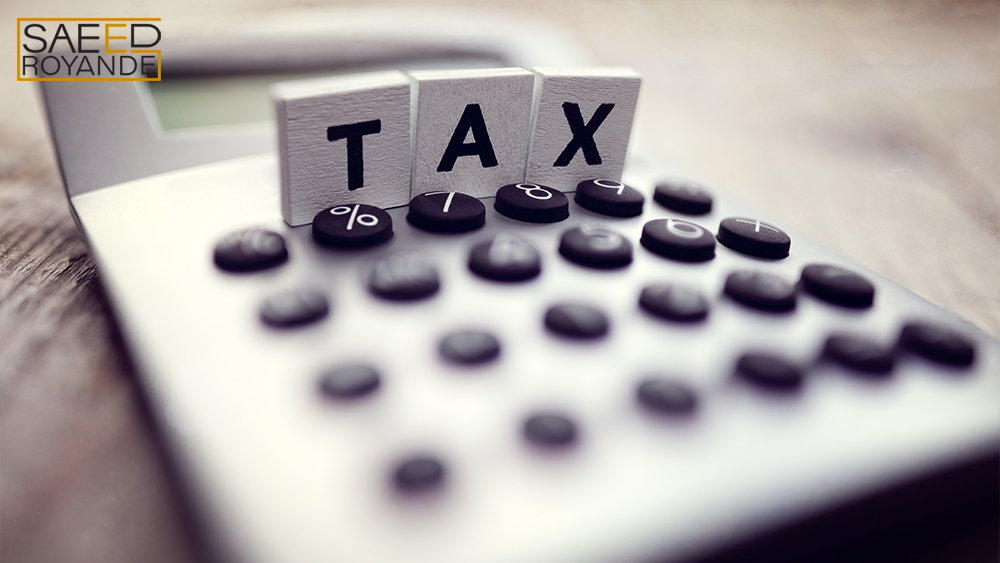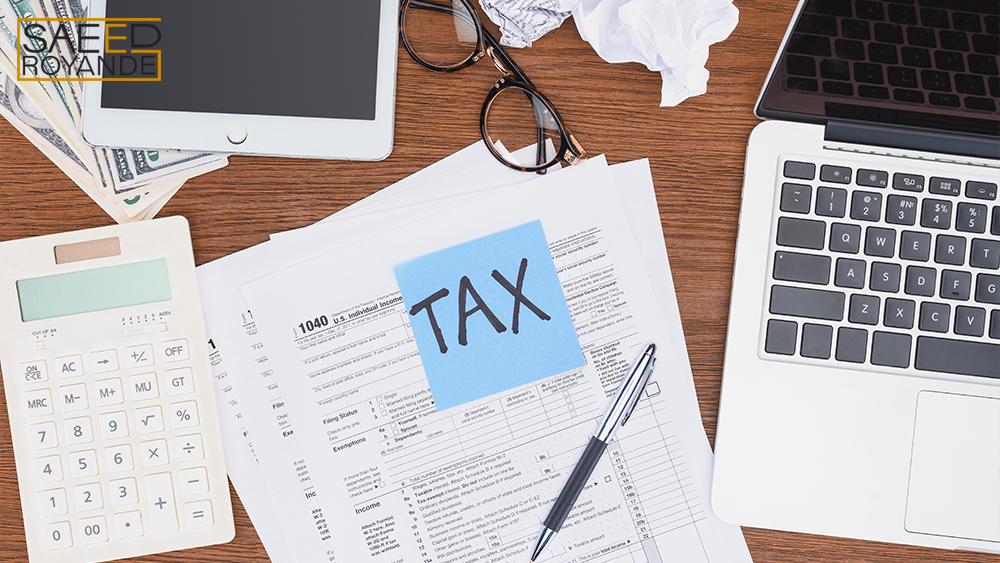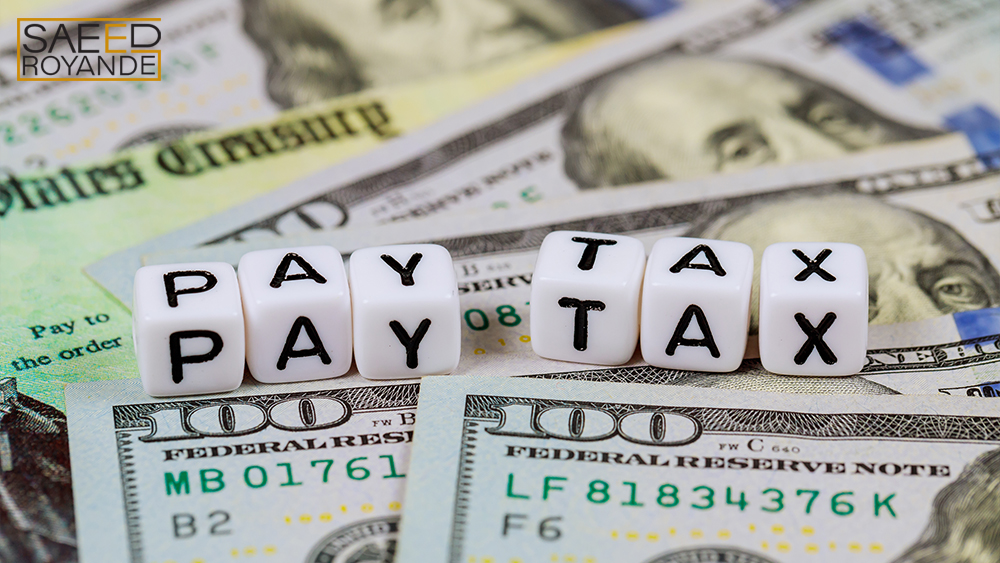Governments require long-term support for social programs and public investment if they are to stimulate economic growth and progress. Health, education, infrastructure, and other service delivery initiatives are essential for a wealthy, efficient, and orderly community. In order for governments to create public revenues, they must first collect taxes and fees from residents and businesses. This allows them to support investments in human resources, infrastructure, and the supply of services to inhabitants and businesses. The legitimacy of a government can be determined by how taxes are collected and spent.
Progressive taxation in a government
Progressive taxation in a government is a tax that is more expensive for those who make more money than others. If you’re wealthy, you pay more taxes than someone who isn’t. For example, this is why affluent Americans pay more in taxes than middle-class Americans, and middle-class Americans pay the government more in taxes than working-class Americans.

Calculating Tax
Regressive taxation in a government
A tax that isn’t progressive is referred to as a regressive tax in a government. This could imply that the tax rate is lower for the wealthy or that the rate is unchanged, or in other words, everyone pays the government the same rate. So, what are the effects of a flat tax on the poor? A flat tax would have a greater impact on lower-income individuals than it would on higher-income individuals. A 15% tax wouldn’t make much of a difference to the standard of living of a multi-millionaire, while it would significantly reduce the purchasing power of someone making $30,000 per year.
Government’s direct taxation
As the term implies, the government receives tax payments directly. There are no side trips for a direct tax payment, even if all taxes eventually end up in the same pot. These taxes are often easy to calculate and understand, but the amounts that must be paid might vary substantially depending on the amount of money you earn and whether you are eligible for any tax-exemption schemes or exemptions. On a percentage-based basis, direct taxes can be paid by enterprises as well as people.

Top view of Tax forms digital devices
Government’s indirect taxation
Taxes in the form of indirect taxes, on the other hand, follow a more circuitous road to their final destination. Before they reach the government, indirect taxes are usually collected by a middleman along the supply chain. A product tax is commonly referred to as a “tax on the customer” since the tax is often paid by the consumer in the form of a higher retail price, which then goes to the retailer before it is passed on to the government. Although there are defined standards for businesses to follow in relation to items and suppliers, these sorts of taxes can sometimes be tougher to notice and harder to compute.
Why do we pay taxes to the government?
Governments give public services to the general people, such as police protection and road maintenance. The government also covers the salaries of city officials. These goods and services, as well as the time spent by public officials when they visit government buildings, are not paid for directly by the general public but rather by means of indirect taxation. Accordingly, the government must make decisions on a regular basis about how much to spend, on what to spend it, and how to finance its expenditure. This is the reason why we are required to pay taxes.

International internet business tax concept
Entrepreneurs and business taxes
Entrepreneurship is typically associated with the creation of new firms from the ground up. The tax rules of a government that apply to enterprises are vastly different from the tax laws that apply to individuals. However, all taxpayers, whether they are entrepreneurs or not, are encouraged to pay as little tax as possible in order to maximize their economic gains, regardless of whether they report their income through a corporation or as an individual. This means that assuming that entrepreneurs incur different tax repercussions than non-entrepreneurs is incorrect in this case as well. Individuals and businesses are subject to the same rules. It is possible that entrepreneurs are more likely (on average) to adopt a tax-cutting strategy than other types of businesses, but the core ideas and procedures are the same for both.
What is a tax haven, and how does it work?
Although there is no common definition, tax havens, also known as offshore financial centers, are often defined as countries or none governmental places with low or no corporate taxes that allow outsiders to easily establish firms in those countries or places. Tax havens also tend to restrict public disclosure of information about their companies and their owners. Tax havens are sometimes referred to as secrecy jurisdictions due to the difficulty in obtaining information from their government. Tax havens almost usually dispute that they are tax havens.

Individual Income Tax return of one hundred dollar
What is income tax in a government?
The term “income tax” refers to a sort of tax levied by governments on the profits made by firms and individuals operating within their respective jurisdictions. Taxpayers are required to file an income tax return once a year in order to assess their tax responsibilities under the legislation. Income taxes are a major source of revenue for governments around the world.
What is tax evasion?
Tax evasion is an illegal action taken by an individual or corporation in order to avoid paying tax to the government. It entails concealing or fabricating income, failing to provide documentation of deductions, failing to declare cash transactions, and so on. Tax evasion is a serious felony that can result in criminal prosecution as well as significant financial penalties.

American tax 1040 form and refund check
The direction of tax policy in a government
Tax revenues are inversely proportional to economic activity, increasing during higher economic growth periods and decreasing during slower economic growth periods. Generally speaking, tax revenues fluctuate more rapidly than GDP as a proportion of GDP in any given government, although the ratio should remain relatively stable until growth experiences significant swings.
Bottom line
There are numerous different types of taxes defined by governments that are levied in a variety of different methods. Understanding what causes a tax position can help taxpayers manage their finances in order to reduce the impact of taxes on their financial condition. You can follow up on more information regarding financial conditions in our financial education and investment section.


